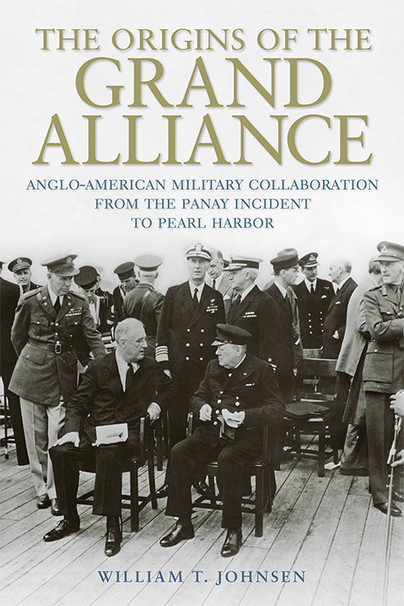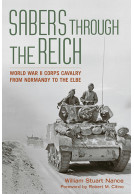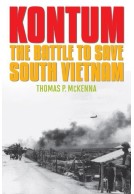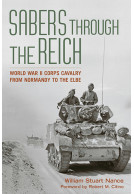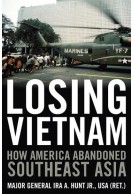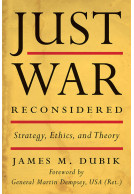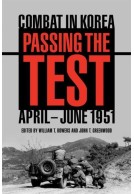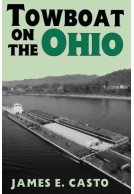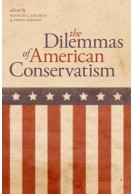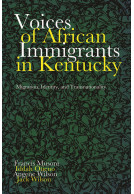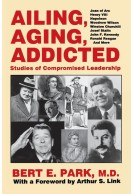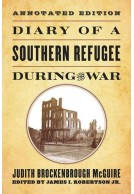The Origins of the Grand Alliance (Hardback)
Anglo-American Military Collaboration from the Panay Incident to Pearl Harbor
Imprint: University Press of Kentucky
Series: Battles and Campaigns
Pages: 438
Illustrations: 17 b&w photos, 3 maps, 6 charts
ISBN: 9780813168333
Published: 13th September 2016
Script Academic & Professional
Series: Battles and Campaigns
Pages: 438
Illustrations: 17 b&w photos, 3 maps, 6 charts
ISBN: 9780813168333
Published: 13th September 2016
Script Academic & Professional
This book will be reprinted and your order will be released in due course.
You'll be £36.00 closer to your next £10.00 credit when you purchase The Origins of the Grand Alliance. What's this?
+£4.99 UK Delivery or free UK delivery if order is over £40
(click here for international delivery rates)
Need a currency converter? Check XE.com for live rates
(click here for international delivery rates)
Need a currency converter? Check XE.com for live rates
On December 12, 1937, Japanese aircraft sank the American gunboat Panay, which was anchored in the Yangtze River outside Nanjing, China. Although the Japanese apologized, the attack turned American public opinion against Japan, and President Roosevelt dispatched Captain Royal Ingersoll to London to begin conversations with the British admiralty about Japanese aggression in the Far East. While few Americans remember the Panay Incident, it established the first links in the chain of Anglo-American military collaboration that eventually triumphed in World War II.
In The Origins of the Grand Alliance, William T. Johnsen provides the first comprehensive analysis of military collaboration between the United States and Great Britain before the Second World War. He sets the stage by examining Anglo-French and Anglo-American coalition military planning from 1900 through World War I and the interwar years. Johnsen also considers the formulation of policy and grand strategy, operational planning, and the creation of the command structure and channels of communication. He addresses vitally important logistical and materiel issues, particularly the difficulties of war production.
Military conflicts in the early twenty-first century continue to underscore the increasing importance of coalition warfare for historian and soldier alike. Drawn from extensive sources and private papers held in the United Kingdom, Canada, and the United States, Johnsen's exhaustively researched study refutes the idea that America was the naive junior partner in the coalition and casts new light on the US-UK "special relationship."
Other titles in the series...
Other titles in University Press of Kentucky...







